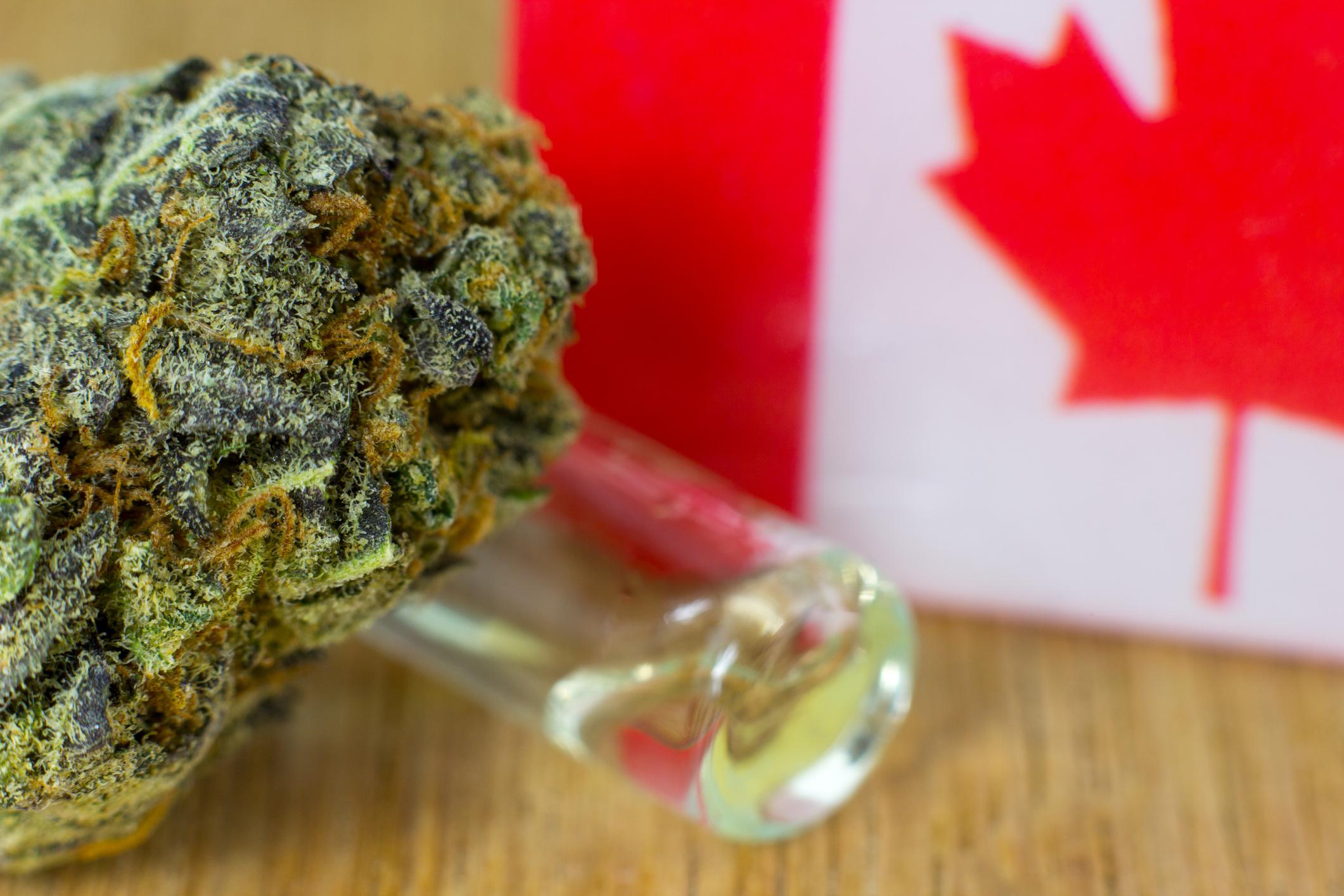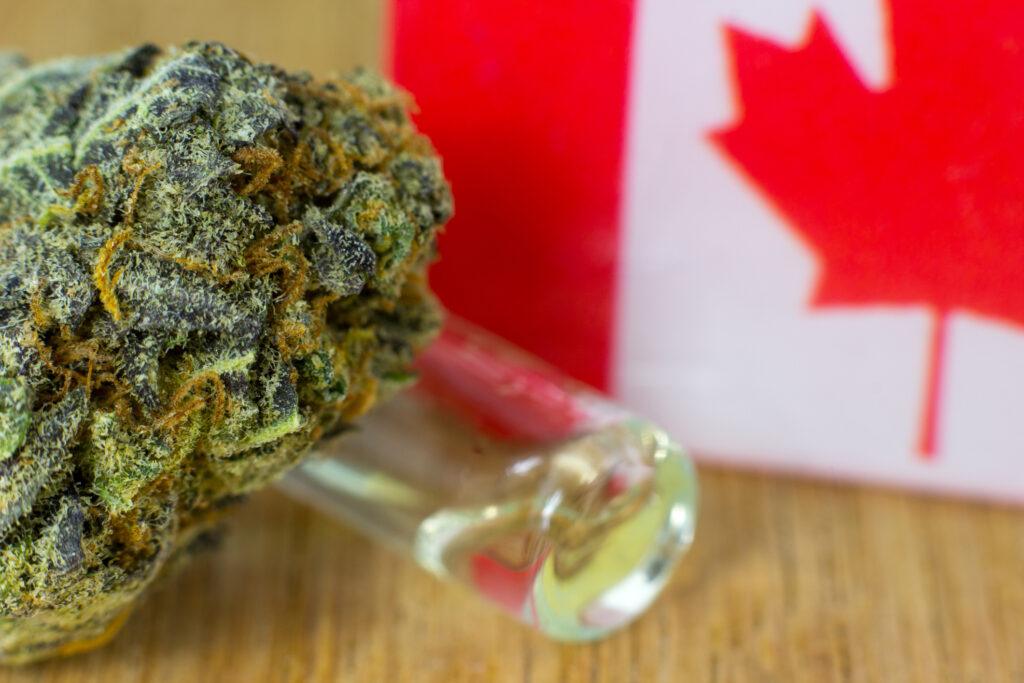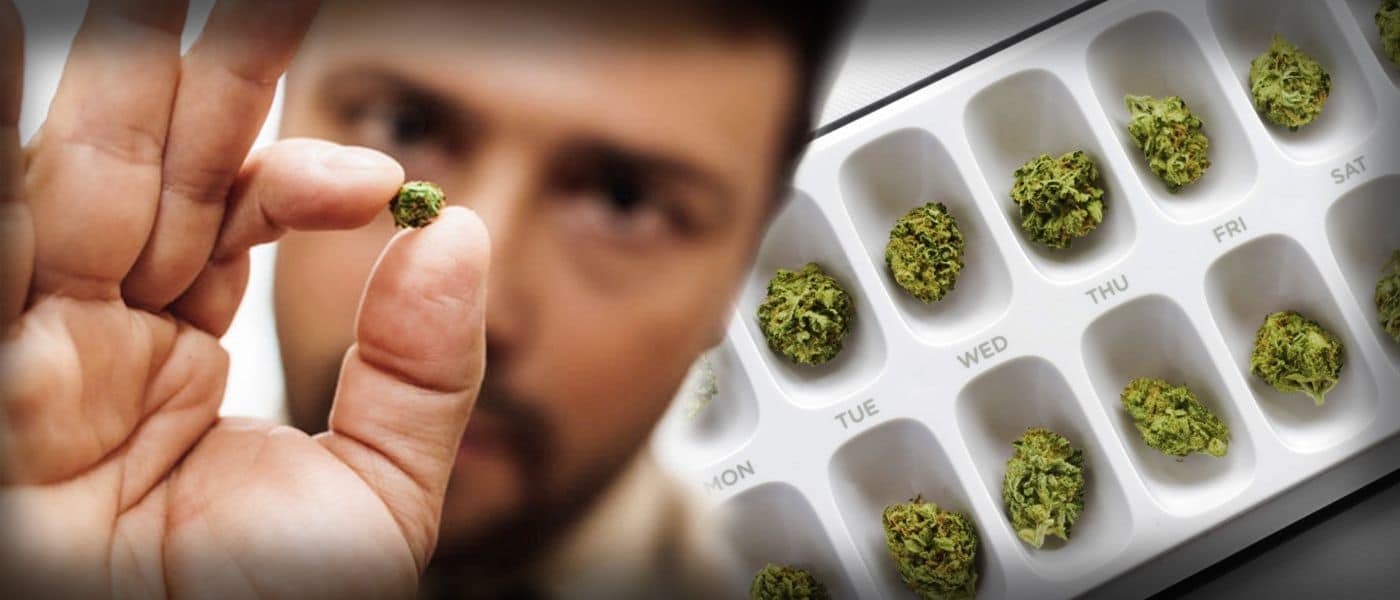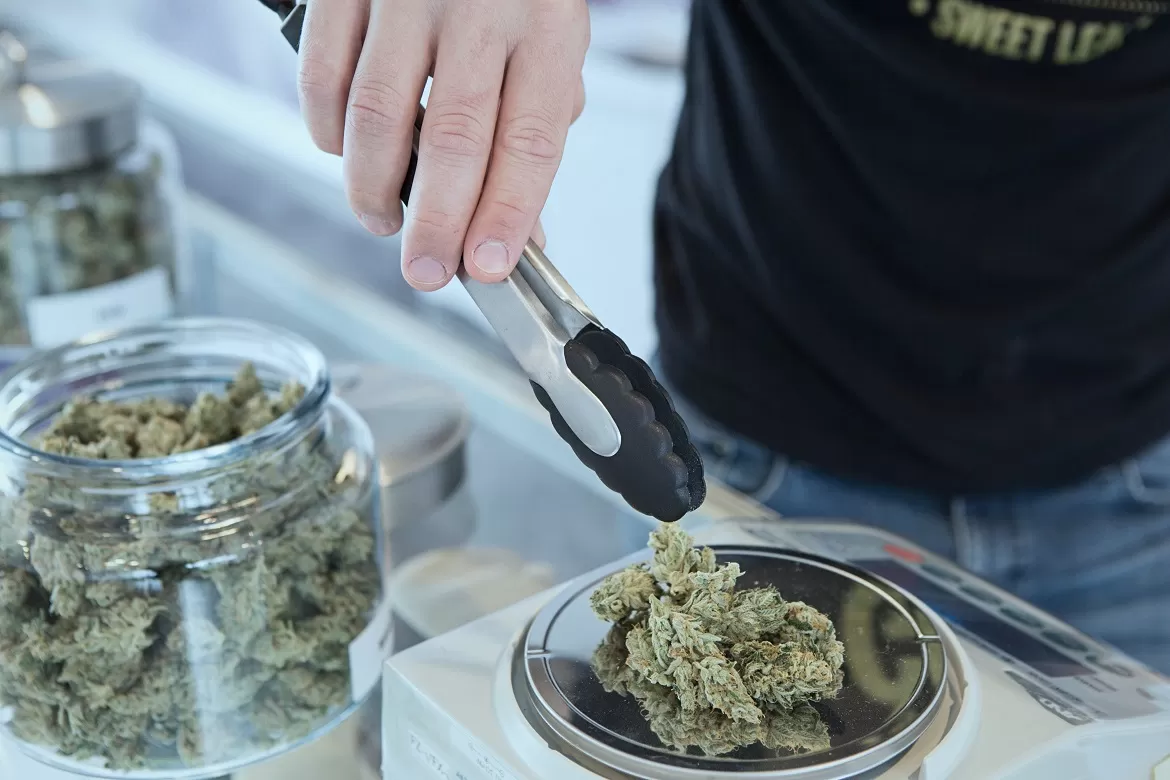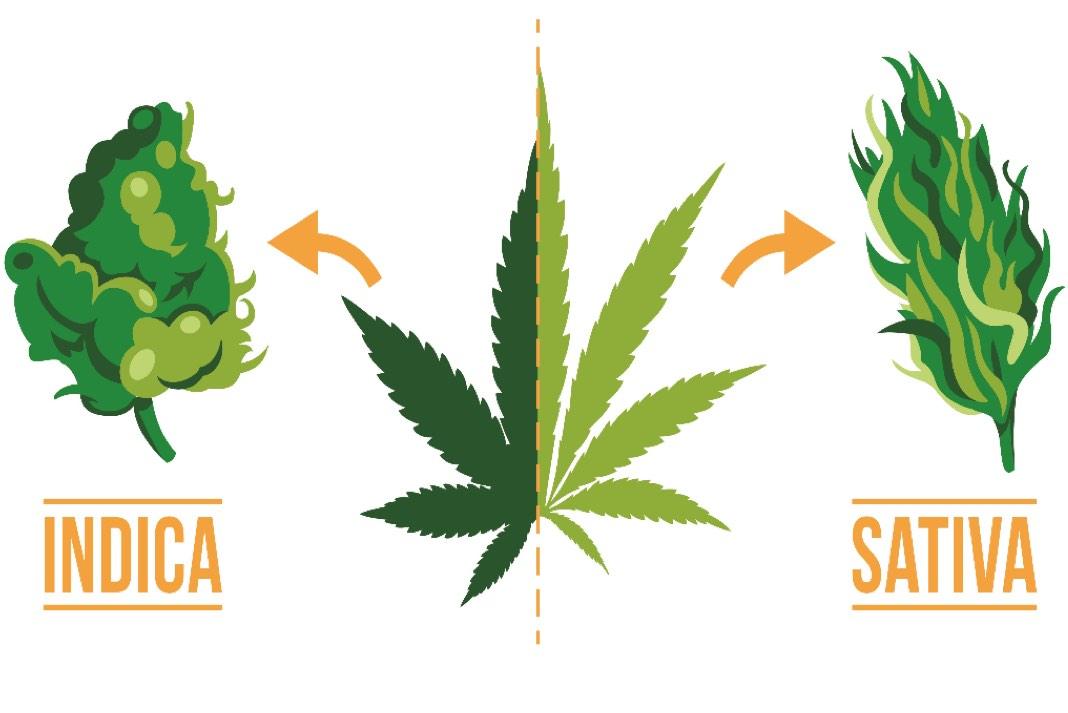How to Talk to Your Kids About Marijuana

Talking to your kids about marijuana can seem challenging, but it’s a crucial conversation to have. With marijuana becoming legal in many places and its presence in media and culture, children are likely to have questions and encounter it at some point. Here’s a simple guide to help you navigate this important discussion.
Start Early and Keep It Age-Appropriate
Begin the conversation early, adapting your message to your child’s age. For younger children, keep explanations simple and straightforward. You might start by explaining that marijuana is a plant that some people use as medicine or to feel different, but it’s not safe for kids because their bodies and brains are still growing.
For older children and teenagers, you can have more detailed discussions. Explain that while marijuana is legal in some places, it can still be harmful, especially for young people. Highlight that the brain continues to develop until around age 25, and using marijuana can interfere with this process.
Be Honest and Open
Honesty is key. Kids can often tell when they’re being given half-truths or scared with exaggerated facts. Share accurate information about marijuana, including its potential medical uses and the laws around it. Explain that while some people use it for medical reasons, it’s not without risks, particularly for young, developing brains.
Use this opportunity to discuss why some people use marijuana recreationally, but emphasize the differences between adult use and underage use. Let them know that just because something is legal doesn’t mean it’s safe or appropriate for everyone.
Discuss the Risks
Talk about the risks associated with marijuana use. Explain that regular use can lead to problems with memory, learning, and even mental health issues like anxiety or depression. Make sure they understand that these risks are greater for young people. Share how marijuana can impair judgment and coordination, leading to accidents or injuries.
Discuss the potential for addiction. While not everyone who uses marijuana becomes addicted, some people do. Explain that the younger someone starts using marijuana, the higher the risk of developing dependence.
Encourage Questions
Create an environment where your kids feel comfortable asking questions. Be patient and listen to their concerns. They might have heard things from friends or seen something online that they’re curious about. Address their questions honestly and provide them with the correct information.
Set Clear Expectations and Boundaries
It’s important to set clear expectations and boundaries regarding marijuana use. Let your children know your family’s rules and the reasons behind them. Explain that these rules are in place because you care about their health and safety.
Discuss the legal implications as well. Even in places where marijuana is legal for adults, it’s still illegal for minors. Highlight the potential legal consequences of underage use, such as fines or community service.
Be a Role Model
Your actions speak louder than words. Be a positive role model in your behavior and attitudes towards marijuana and other substances. If you use marijuana yourself, be mindful of how you discuss and use it around your children.
Keep the Conversation Ongoing
This shouldn’t be a one-time talk. Keep the lines of communication open and revisit the topic as your child grows. Their understanding and questions will evolve, and it’s important to provide ongoing guidance and support.
Conclusion
Talking to your kids about marijuana might seem daunting, but it’s a necessary part of helping them make informed and healthy choices. Start early, be honest, discuss the risks, encourage questions, set clear expectations, be a good role model, and keep the conversation going. By doing this, you can help your children navigate the complex world of marijuana with knowledge and confidence.






